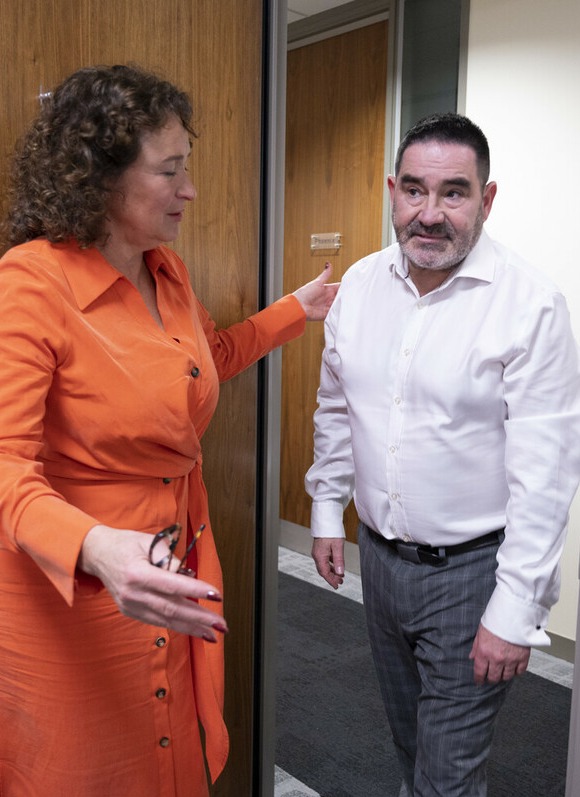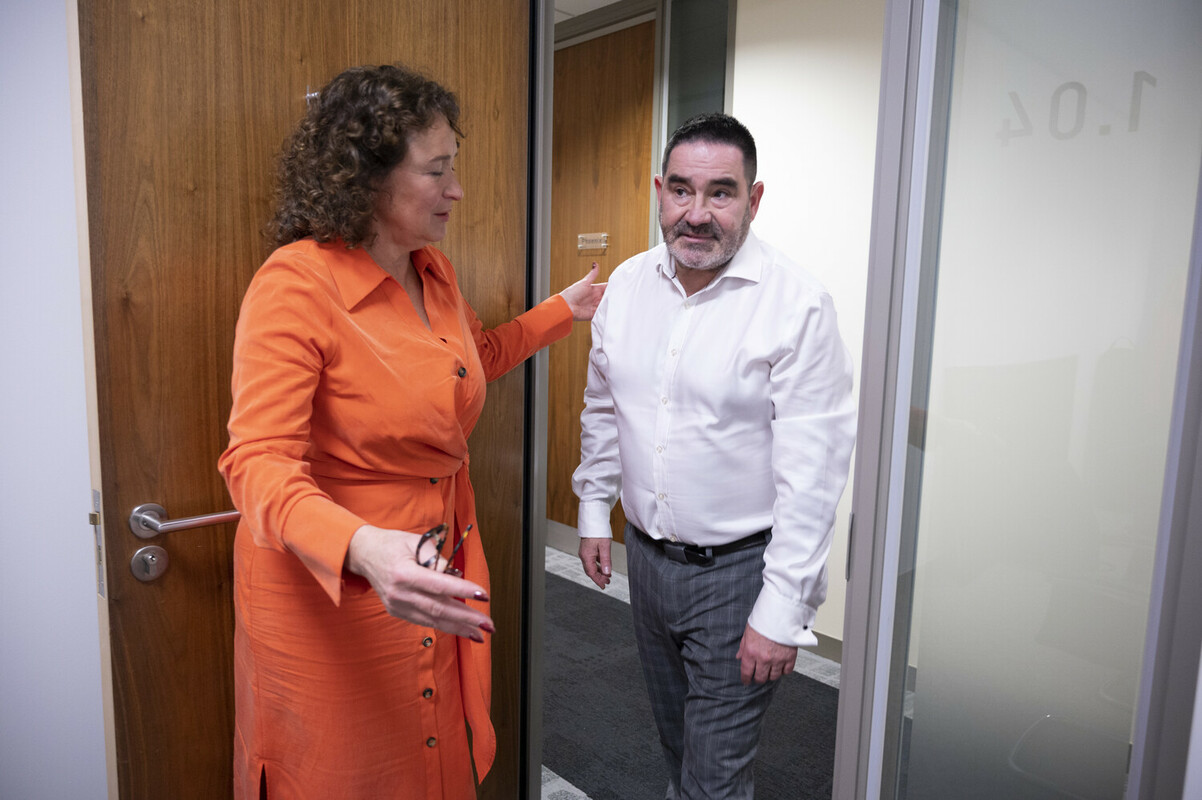A recent British Red Cross LinkedIn poll, found that 84% of people are planning on improving their mental health at work in 2021. Access to mental health training helps all employees build essential resilience skills, allowing staff to manage their mental health while working from home, or when integrating back into a workplace environment.
Different business will have different objectives and concerns around mental health. This blog looks at the challenges and impacts of mental wellbeing and resilience training from the view of three different types of organisations that the Red Cross has previously worked with, to see if it is worthwhile.
What were the challenges?
With more than half of people in the construction industry having suffered mental health problems at some point in their lives, construction business, Michael J Lonsdale (MJL) required mental health and wellbeing training to help their team recognise stress and build resilience.
MJL chose the course, leading a resilient team, as it is ideal for leaders, people managers and individuals who may be responsible for dealing with challenging workplace situations. The course also enables leaders to gain an awareness of mental health problems and develops skills such as building resilience within their team.
What has been the impact?
Arthur Lander, Head of Safety at MJL added “The course provided a great insight to mental wellbeing and resilience and included practical advice, which our staff could implement into their working lives. Understanding the factors causing stress and how to cope with it was a key outcome for us and this was addressed effectively.”
Understanding the causes of stress and its effects can help enable people to work through it and to identify what or who may help. For some this may be a supportive network such as colleagues, family, or friends. Depending on the situation it may be something more practical such as changing a way of working to evenly share the workload amongst a team.
The course content is based on the globally recognised CALMER psychosocial framework. The framework has been developed by the Red Cross’ Psychosocial and mental health team and aims to support individuals during and after an emotionally challenging situation.
Reflecting on the training course Arthur said, “The reaction from our staff has been extremely positive, and we now have a proactive approach to mental health and wellbeing at MJL.”
Aviva
Working in partnership with insurance company Aviva, the Red Cross helped to make a positive difference to the lives and mental wellbeing of its staff and customers.
What were the challenges?
A spokesperson for Aviva said, “Through our partnership with the British Red Cross, we asked for their help in devising a training programme which would help our claims teams to recognise the emotional impact of major events on wellbeing. We were looking for a training programme aimed at educating employees in how to deal with customers who are traumatised or have been severely impacted by a crisis that has led to an insurance claim.”
The mental wellbeing courses from Red Cross Training are based on the Red Cross’ psychosocial framework, helping people to manage stress, build resilience and look after themselves and others before, during and following a crisis.
What has been the impact?
A spokesperson for Aviva said, “We recognised that our customers needed emotional support and our employees needed support to help when speaking to people in a crisis. Working with experts in the Red Cross, we’ve developed a training programme for our field claims employees. This is a first in the industry and it’s already making a significant, positive difference to our customers and our people. Over 95 per cent of our customer facing field staff have completed the training.”
Infected Blood Inquiry
Catherine Nalty, Deputy Secretary from Infected Blood Inquiry, recognised the need for her team to have training in supporting people through difficult situations, due to the nature of their work.
What were the challenges?
“The Infected Blood Inquiry investigates why people in the UK were given infected blood and/or infected blood products in the 1970s and 1980s. We booked the supporting people through difficult situations course.”
Aimed at individuals and teams who may need to help people through difficult situations, the supporting people through difficult situations course, will develop an awareness of how individuals can support themselves and others through situations that are stressful, upsetting or challenging. It looks at challenging behaviours and how to deal with them as well as personal and team stress specifically.
Catherine went on to say, “Members of the team engage with people on a daily basis, who are infected and affected, whether in taking witness statements, in answering emails and phone calls about the work of the inquiry, or at public hearings. It was essential for the team to have some training in best practice; to develop their awareness of how to support themselves and others when dealing with situations that are upsetting or challenging. I knew of the Red Cross’ reputation as best in its field and the course exceeded our expectations. The training delivered more than expected, particularly by being so interactive and participative. The team is now better equipped to do its work. I would definitely recommend this training to other organisations.”
Topics: Mental health & wellbeing




